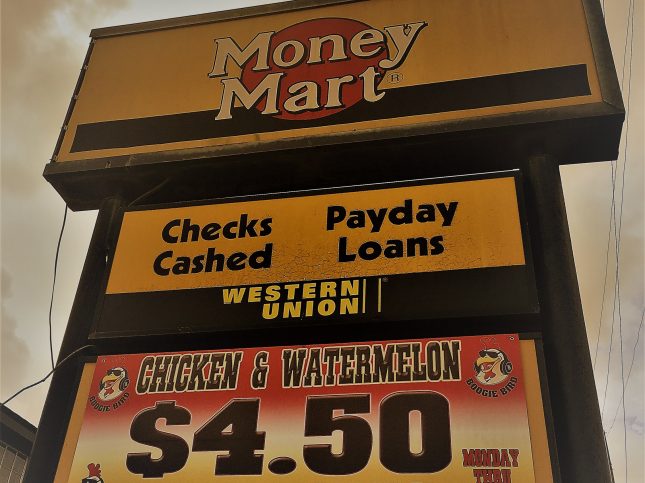FTC Testifies on Credit Reporting Accuracy
The Federal Trade Commission testified before a U.S. Senate Commerce subcommittee regarding the accuracy of consumer credit reports. The FTC’s Associate Director, Maneesha Mithal, told the Subcommittee on Consumer Protection, Product Safety, and Insurance that errors in credit reports can cause consumers to be denied credit or other benefits or pay a higher price for them. It may also lead credit issuers to make inaccurate decisions that cause them to deny credit to a potentially valuable customer or issue credit to a riskier customer than intended.
The FTC’s December 2012 study to Congress on credit reporting accuracy focused on identifying potential errors that could have a material effect on a person’s credit standing. The study found that 26 percent of consumers reported a potential material error on one or more of their three reports and filed a dispute with at least one credit reporting agency (CRA) and half of these consumers experienced a change in their credit score. For five percent of consumers, the error on their credit report could lead to them paying more for products such as auto loans and insurance.
In other words, one in 20 of the study participants had an error on his or her credit report that lowered the credit score to a degree that the error likely made getting credit more expensive. For example, consumers with errors of this magnitude would likely pay higher interest rates on auto loans or mortgages than the rates to which their accurate credit score would normally entitle them.
It is important to note that the law does not require CRAs to guarantee 100 percent accuracy; however, the FCRA law requires credit bureaus to have reasonable procedures to assure “maximum possible accuracy” of credit reports.
If you have incorrect items on your credit report, call us for a free consultation. We’ll send you the proper way to dispute the error (not the online form the credit agencies want you to use!)



